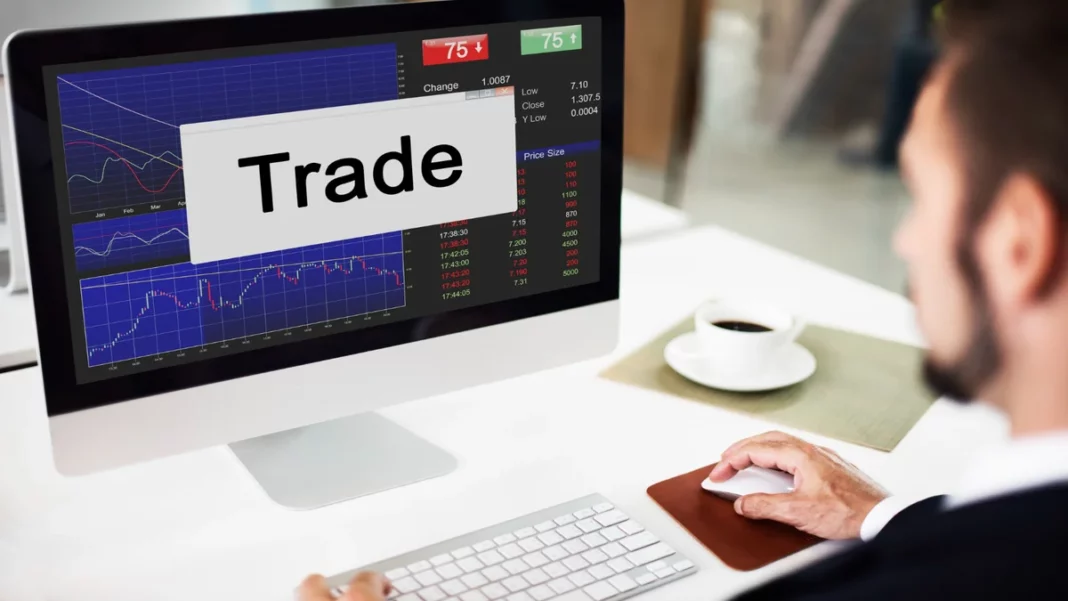Is CFD trading a good idea? In today’s financial markets, various investment opportunities are available for traders. Contracts for Difference (CFD) is a popular form of trading. CFD trading allows investors to speculate on the price directions of different financial instruments without owning the underlying purchases.
This article will explore what CFD is and the 5 key benefits of CFD trading.
What Is CFD Trading
CFD stands for Contract of Difference. This trading is a popular alternative to traditional investment. In the last ten years, its popularity has grown significantly, with certain trading companies offering specific features like negative balance protection to minimize substantial losses, which has further attracted a larger client base.
In brief, CFD is the kind of trading where traders assume the future market direction of an asset without having to possess or receive the physical delivery of those investments.
Benefits of CFD Trading
CFD trading has many benefits, but we discuss seven primary and significant advantages here. These are as follows:
1. Trade Rising And Falling Markets
One of the significant advantages of CFD trading is the ability to profit from rising and falling markets. In traditional trading, investors benefit only when the market is upward. However, with CFDs, traders can open long (buy) and short (sell) positions. It means they can profit from price movements in any direction, offering greater flexibility in various market conditions.
2. Trading On Margin
CFD trading allows traders to access financial markets with leverage. Leverage enables investors to trade with a fraction of the total trade value, called margin. By using force, traders can amplify their potential profits. However, it’s essential to note that leverage also increases the potential risks, as losses are magnified similarly. Therefore, it is crucial to understand influence and use it responsibly clearly.
3. Lower Costs
CFD trading often involves lower transaction costs compared to traditional trading methods. Traders typically pay a spread (the difference between the buying and selling price) and, in some cases, a small commission. Additionally, many jurisdictions have no stamp duty fees associated with CFD trading.
4. Invest in a Wide Range of Markets
CFD trading provides access to various markets, allowing investors to diversify their portfolios. Traders can choose from multiple asset classes, including stocks, indices, commodities, currencies, etc. This diversity enables investors to exploit market opportunities and spread risk across various instruments. By diversifying their trades, traders can enhance their profitability and reduce exposure to individual market risks.
5. Resemblance to Traditional Trading
CFD trading offers many resemblances to traditional trading methods, making it easier for traders to transition to this form of investment. The pricing and execution of CFD trades typically mirror the underlying market, ensuring that traders can experience similar market conditions. This familiarity with traditional trading practices makes it more accessible for investors to adopt CFD trading as part of their investment strategy.
In conclusion, CFD trading offers numerous benefits to traders, making it an attractive investment option. However, traders must conduct thorough research, understand the risks involved, and develop a well-defined trading strategy to maximize the potential benefits of CFD trading.
FAQs
- Is CFD trading suitable for beginners?
CFD trading can be ideal for beginners, but it’s essential to have a solid understanding of the markets and trading strategies. Starting with a demo account and gaining knowledge through educational resources is recommended.
- Are there any restrictions on the markets I can trade with CFDs?
CFD trading provides access to various markets, including stocks, indices, forex, commodities, and cryptocurrencies, allowing you to choose from multiple instruments.
- How can I manage risk in CFD trading?
Risk management in CFD trading involves setting stop-loss orders, using proper position sizing, and diversifying your trades across different assets and markets.
Also Read: Things to Consider While Trading Silver CFDs


